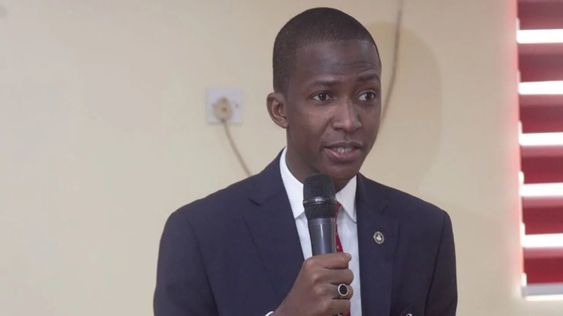Nigeria
Regarding the abolition of economic crimes, the EFCC has made significant progress

According to the Economic and Financial Crime Commission (EFCC), economic and financial crimes have been largely eliminated in Nigeria.
The EFCC chairman, Mr. Abdulrasheed Bawa, made this statement on Thursday in Maiduguri when he opened a workshop on reporting economic and financial crimes for journalists in the region.
Bawa claimed that the EFCC Maiduguri Zonal Commander, Mr. Oshodi Johnson, could do more to expose corruption with media backing.
“No agency in Nigeria can boast of the record of the EFCC in these areas, but I am confident that with the support of the media, more can still be achieved,” he stated.
He claimed that the purpose of the workshop was to inform journalists about their significance in the battle against economic crime and corruption across the nation.
Bawa stated that the workshop aimed to create a synergy between the commission’s anti-corruption efforts and those of the media.
‘’The workshop papers were primarily designed to raise journalists’ attention to issues with the fight against corruption, including money laundering and terrorism financing.
“Since we are in a region that has been severely affected by terrorism, one of our goals today is to familiarize you with the key aspects of these laws and how they can be used to prevent money laundering and the financing of terrorists.
Who finances the various terrorist organizations is the topic that many of us have questioned and that we should be thinking about today, he said.
In Maiduguri, a well-known woman was successfully prosecuted by the commission, according to Bawa, for misusing her Non-Governmental Organization (NGO).
The ordeal in the North East must not be permitted to be used as a means of generating income, as the woman known as Mama Boko Haram was found guilty of doing with her non-profit organization.
Journalists have a responsibility to look into whether an NGO operating in the North East complied with applicable legislation, he said.
The workshop featured papers on topics like “Digital Payment System: Emerging Opportunities for Fraud and Prevention Tips for Victims,” “Investigative Journalism and Nigeria’s Fight Against Money Laundering,” and “New Money Laundering Framework: Duties and Responsibilities.”
